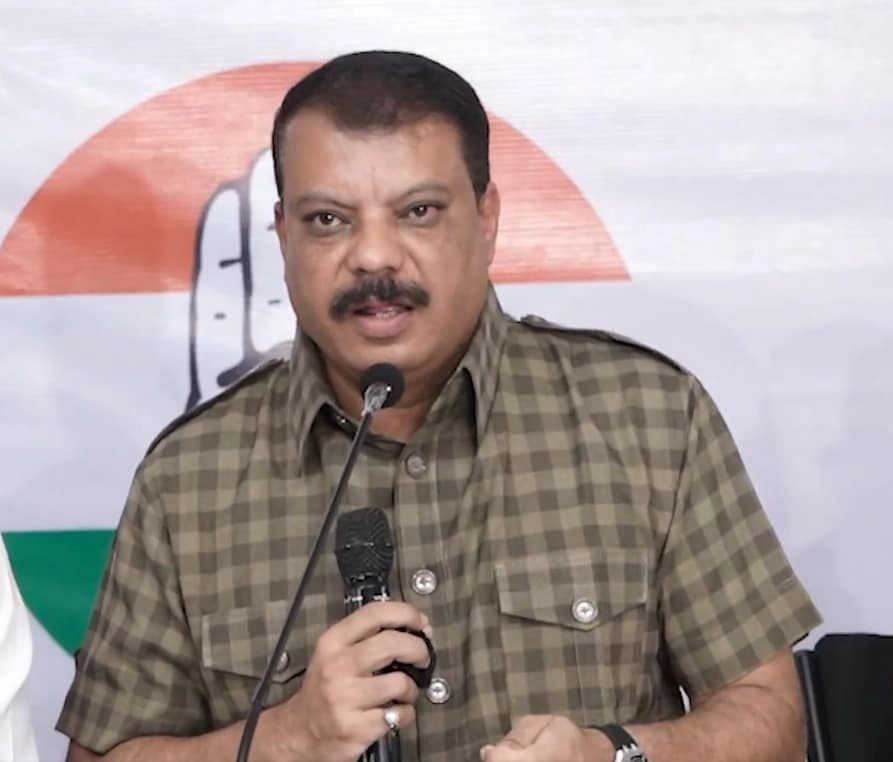The state of Madhya Pradesh has announced a significant decision to prohibit the sale and consumption of liquor in 19 cities that hold religious importance. This ban, which takes effect immediately, reflects the state’s commitment to uphold the sanctity of these religious sites and cater to the sentiments of local communities. The decision is expected to impact not only the residents of these cities but also the many pilgrims and visitors who travel to these sacred locations.
The cities affected by this ban are well-known for their cultural and spiritual significance, attracting thousands of devotees each year. By implementing this restriction on alcohol, the Madhya Pradesh government aims to foster an environment that is conducive to religious practices and community values. Officials have expressed that the move is in line with the state’s broader efforts to promote a healthy and respectful atmosphere in areas of worship, thereby enhancing the overall experience for those seeking spiritual solace.
Moreover, the decision underscores a growing trend in various states across India where local governments are taking steps to regulate or prohibit alcohol in areas of religious significance. This initiative is likely to resonate with many citizens who advocate for the preservation of cultural ideals and the promotion of a sober lifestyle, especially in places that are seen as sacred. As the ban takes effect, it remains to be seen how local businesses, particularly those reliant on tourism and hospitality, will adapt to this new reality.
In conclusion, the ban on liquor in these 19 religious cities signifies a pivotal moment for Madhya Pradesh, as it seeks to align its policies with the values and beliefs of its residents. This move could set a precedent for other states to consider similar actions, fostering a nationwide dialogue about the intersection of religion, culture, and public policy. The government’s decision not only aims to protect the integrity of these religious sites but also highlights the importance of community sentiment in shaping legislative action.




